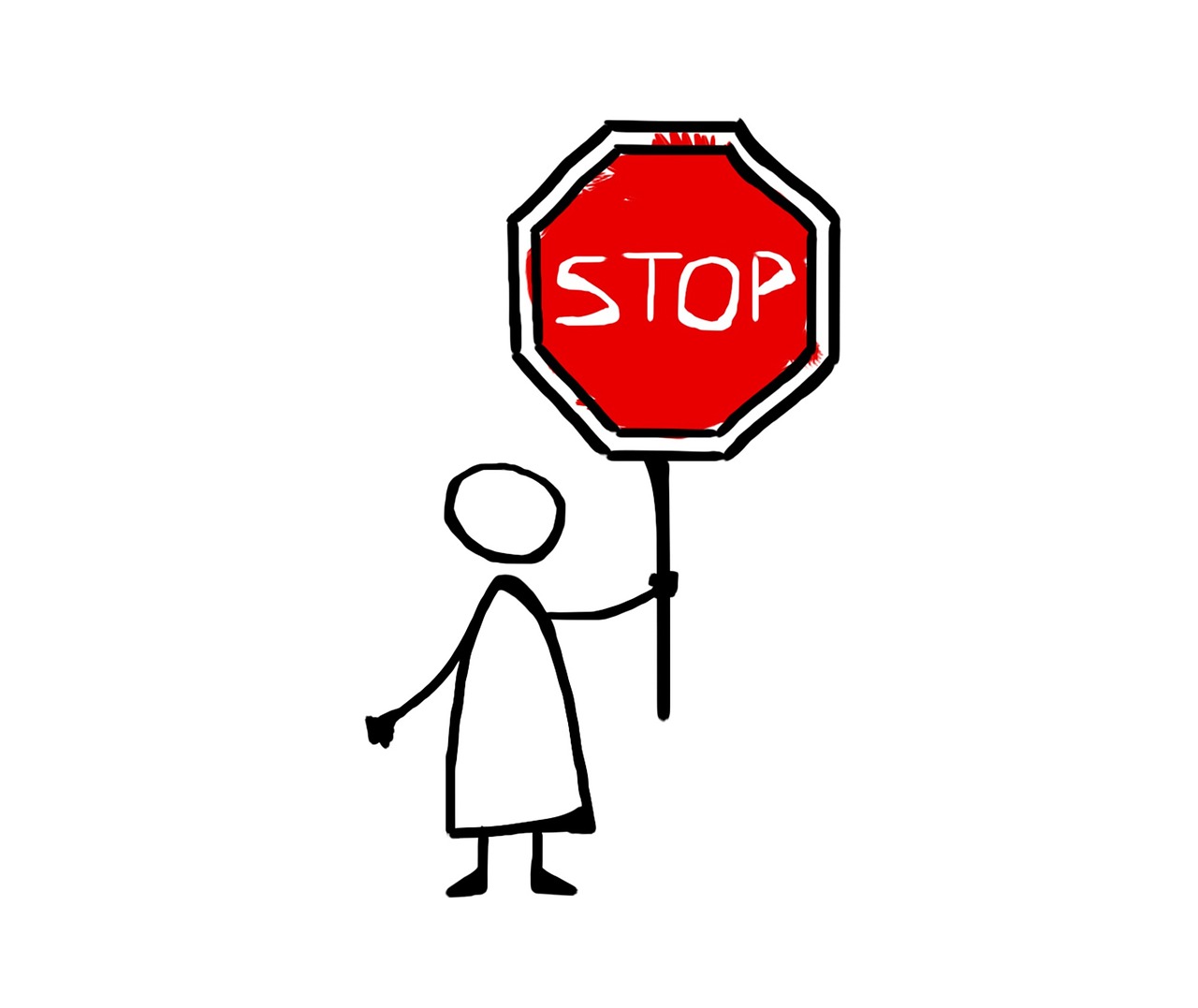Children need privacy, too
Janet, age eleven, usually vivacious and noisy, sat quiet and brooding at her desk.
TEACHER: What's the matter with you today?
JANET: Nothing.
TEACHER: Come on, you can tell me. I can see something is on your mind. What's bothering you?
JANET: Nothing is bothering me.
TEACHER: Listen. You are like an open book to me. I know your personality. I can tell your moods. You got up on the wrong side of the bed, didn't you?
JANET: Please. Stop it.
TEACHER: What kind of talk is that, young lady? I have a mind to teach you a lesson in manners, but I am going to spare you. You are upset, and you don't even know it. I understand you better than you understand yourself.
Janet covered her face and did not utter a word during the rest of the hour.
Janet's teacher may have had good intentions, but he was not helpful. It is always dangerous to play emotional detective. Good taste prohibits prying. Courtesy commands distance. Privacy is not to be intruded upon without personal choice and the right to reticence. To tell a child, "I understand you better than you do" is an act of emotional arrogance akin to illegal trespassing. Aid is best given discreetly and succinctly (Can I be of help?). Loud, long, and loquacious offerings are embarrassing. They invite resistance and resentment.
Haim Ginott, Teacher & Child
